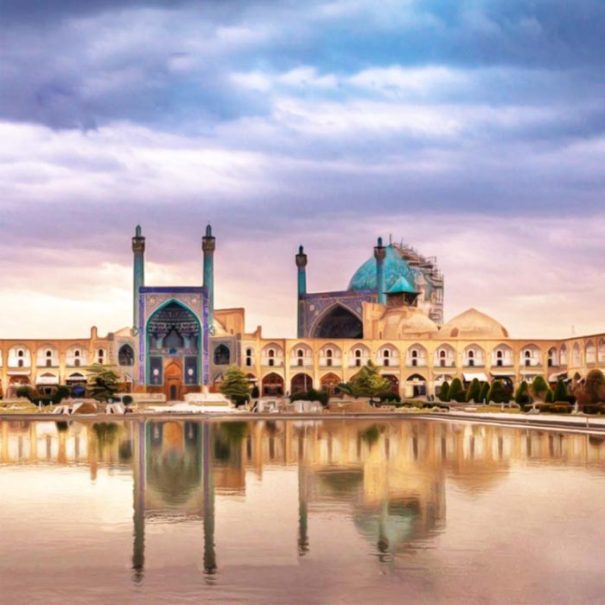Persia or Iran? What is the difference?
One of the most frequently asked questions that I receive from foreign tourists is: Are you Persian or Iranian?
Apparently, it became a controversial topic among Iranians as well. So, I decided to allocate one post to this important topic.
Let’s look at this issue from different aspects, from linguistic and historical facts to political events, which have influenced the life situation of people living outside of the geographical border of Iran since Persian has been heard more frequently abroad.
I do not want to write a long article about historical facts; I just want to highlight whom, where, when, and why these terms were used.
Let’s Start:
- Classical Greek Historians (Western Civilization) wrote about a big Empire as the Persian Empire. They talked about wars between the Greeks and Persians and all the achievements of the Persians and so on. So, it is easily understood that the term PERSIA has been used for a long time, almost since 2500 years ago, for a community and society located in Iran comes from ‘Pers,’ which is, in turn, the European version of ‘Pars’ – an area that is today a province of Iran. So Persepolis (one of the must-see sights of Iran) is the ceremonial capital city of the Persian Empire of those times (Archameniad Dynasty (550 BC till 330 BC)).
- Iranians have been calling their country “Iran” since old times. It is mentioned in the most important Persian book, “Shahnameh,” considered as historical document. Shahnameh was written from old sources like old books or oral stories. But during our long history, Iran terminated four times and faced with consequences like library burnings. So, we lost many old books and pieces of evidence that referred to the name of Iran. But the oldest remaining document that mentioned the modern derivative of Aryana, Eran or Airan, and finally Iran is found in the rock inscriptions of the Persian Sassanian kings (226 AD- 651 AD) at Naghseh- Rostam. In the inscriptions, King Ardeshir I (226-241 AD) referred to himself as king of kings of Eran and An-eran, i.e., Aryan and non-Aryan. The word Eran-Shahr, meaning ‘place of the Aryans,’ was also used by the Sassanians in describing the Iranian nation. These words would evolve into Iran-Shahr.
Let’s skip 2400 years and look to the New York Times newspaper writing, ”At the suggestion of the Persian Legation in Berlin, Tehran government, on Persian New Year, March 21, 1935, substituted Iran for Persia as the official name of the country”.
Yes, until this time, Persia was the country’s official name on all foreign maps, and Reza Shah asked foreign delegates to use the term Iran in formal correspondence. One of the biggest proofs of such a big change is the stamps of Persia surcharged (overprinted) by Iran’s name, found in the Malek museum in Tehran.

So far, I have written about the history and dynasties. Now, I want to talk about the largest community of Iranians living abroad (California). Most of them started to immigrate to the US in the 70s, before the Islamic revolution. Reading the biographies of Iranian people living in the US during those times (such as Funny in Farsi and Laughing without Accent, written by Firoozeh Dumas and other authors) revealed that the life of Iranian living in the US was under the shadow of fear of the social aggressiveness of American people, watching news in TV during Hostage Crisis of US embassy in Tehran (The museum is highly recommended to visit of your stay in Tehran).
Iranian People wanted to live their lives as normal people in the US. They started to use Persian instead of Iranian to protect themselves from diplomatic relations between Iran and the US. They just wanted a normal life in another country. It was hard to live in the shadow of media and the anger of other nations when you are immigrants.
As an Iranian person and the co-founder of PERSIAN WALK, I always encounter the fact that Persian is one part of the ethnics of people living in Iran, and you just neglect other ethnics of Iran. We, the co-founders of PERSIAN WALK, believe that Iran, Eran, or Iran-Shahr or even Persia in the Greek literature composed of different populations (Persian, Azeri, Gilaki and Mazandaran, Kurd, Arab, Lur, Baloch, Turkmen, and others) having different colorful cuisine and cultures live under one flag and respect to our long and rich history despite of our land is called Persia or Iran.




